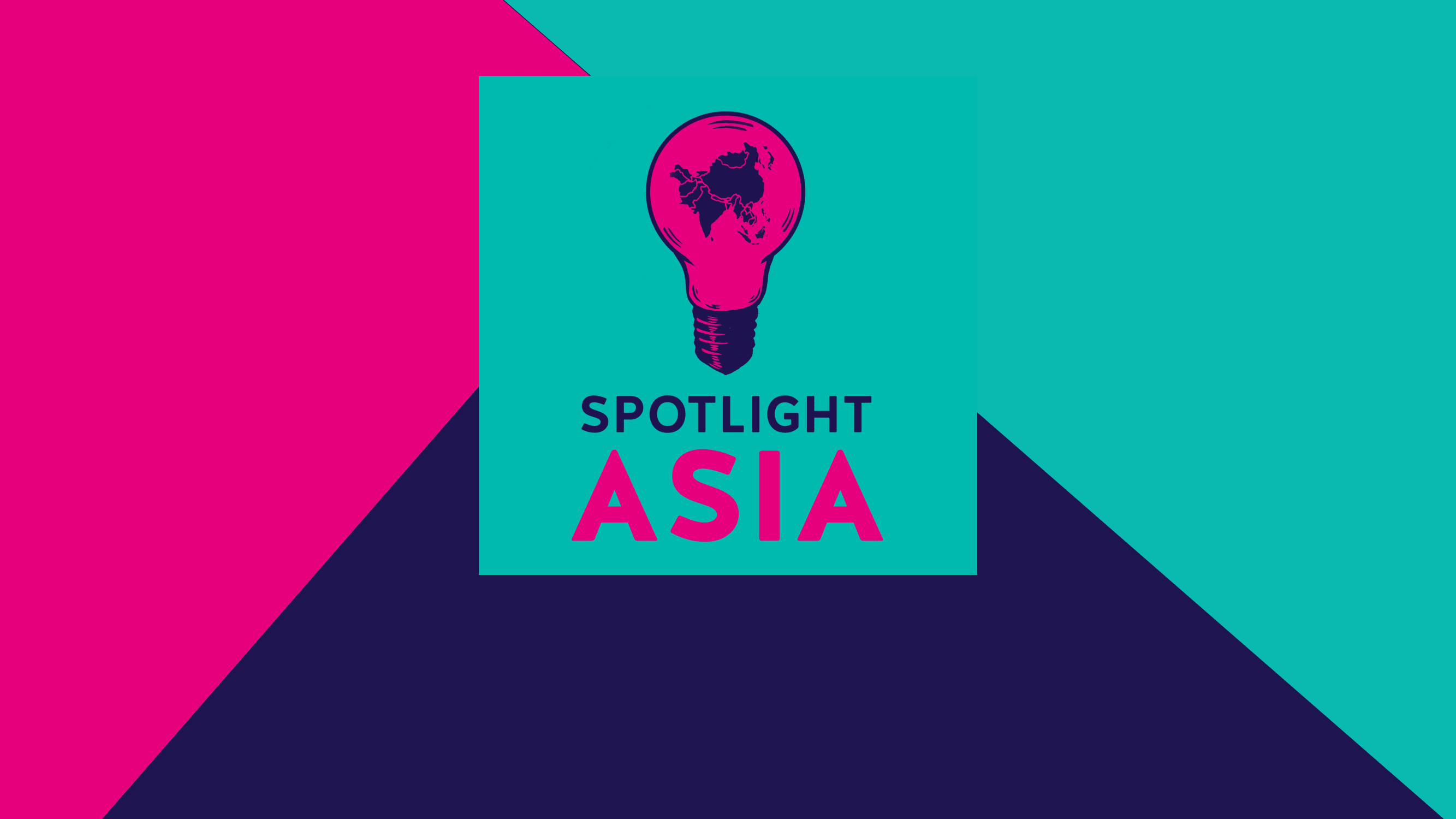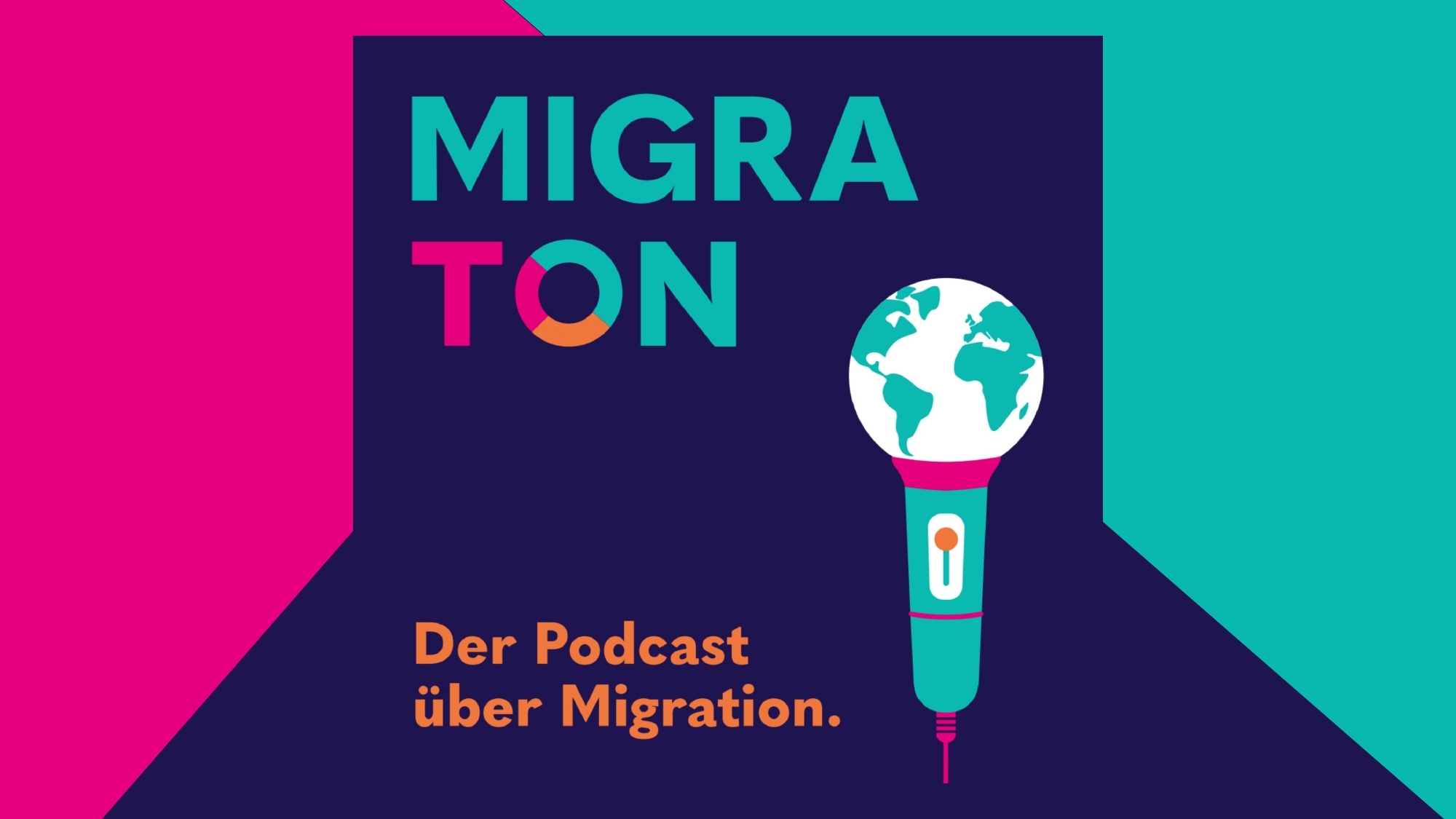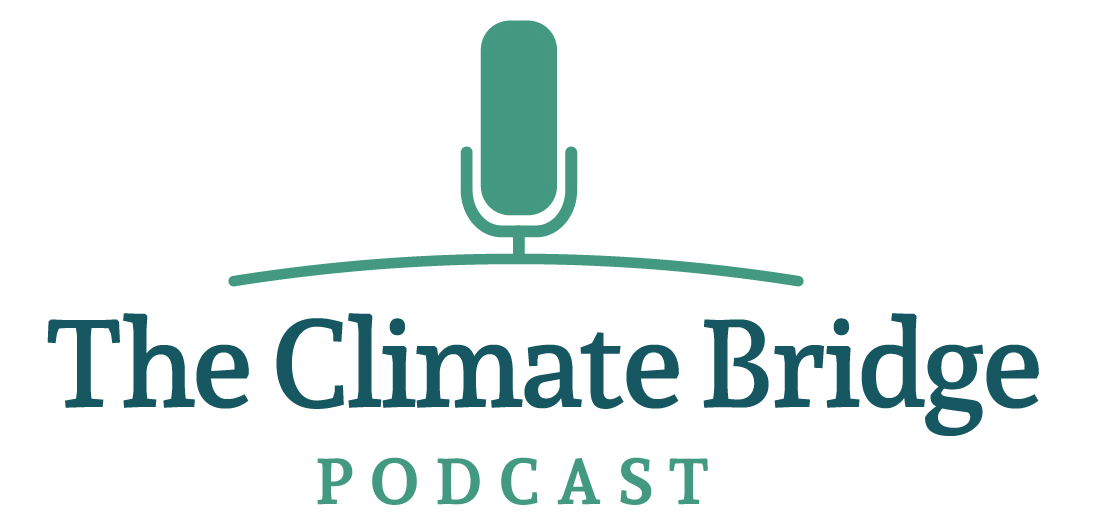Europa kocht! – FFP x EU: A Feminist Foreign Policy for the European Union
We warmly invite you to the last installment of our Project Europa kocht! During an evening of cooking we will discuss:
FFP x EU: A Feminist Foreign Policy for the European Union – Too many cooks spoil the broth?!
Arguing that a window of opportunity has opened for the EU to commit to a FFP approach, the CFFP has published a study concluding that a FFP approach would strengthen the EU’s core values stated in article 2 of the Treaty on European Union: “respect for human dignity, freedom, democracy, equality, the rule of law and respect for human rights, including the rights of persons belonging to minorities”. However, the EU has not yet signaled a shift towards an implementation of a FFP despite certain Members of the European Parliament’s attempts.
tba
****
Online-Buchungen sind für diese Veranstaltung nicht verfügbar.


